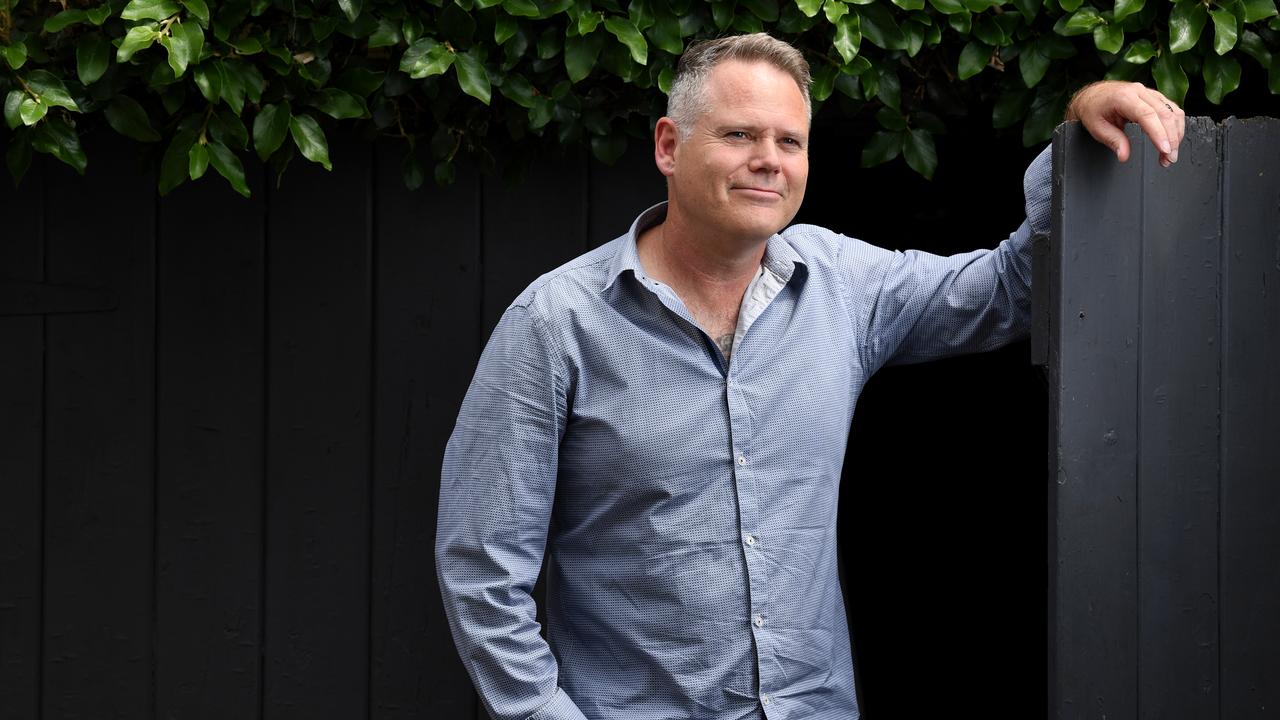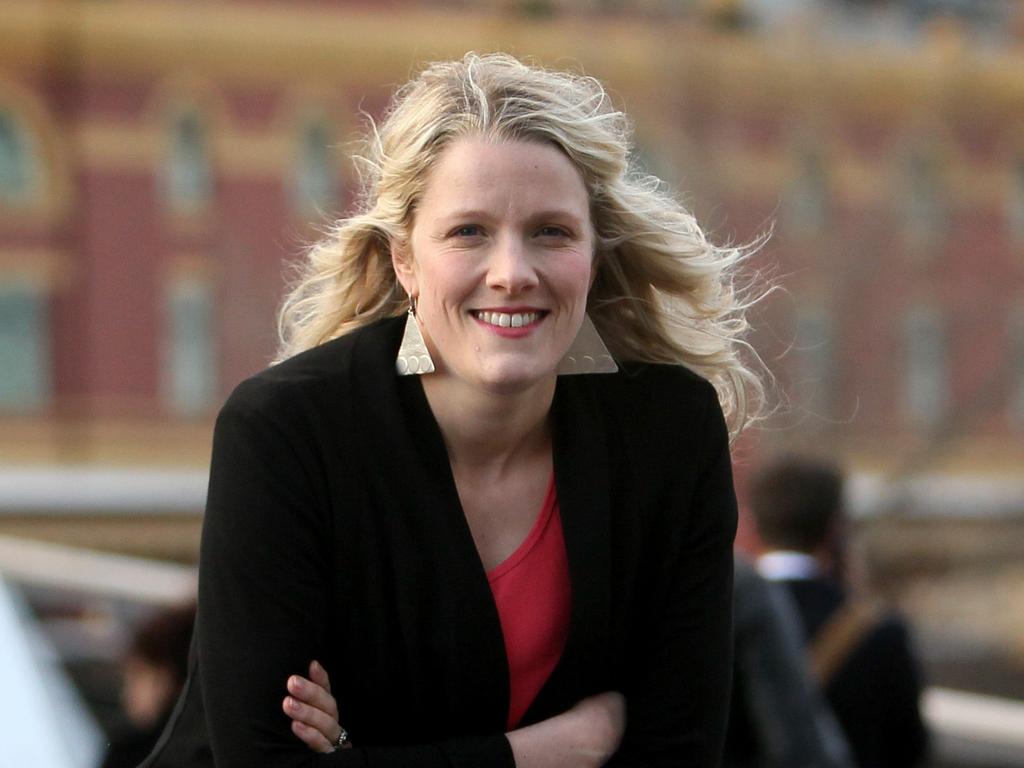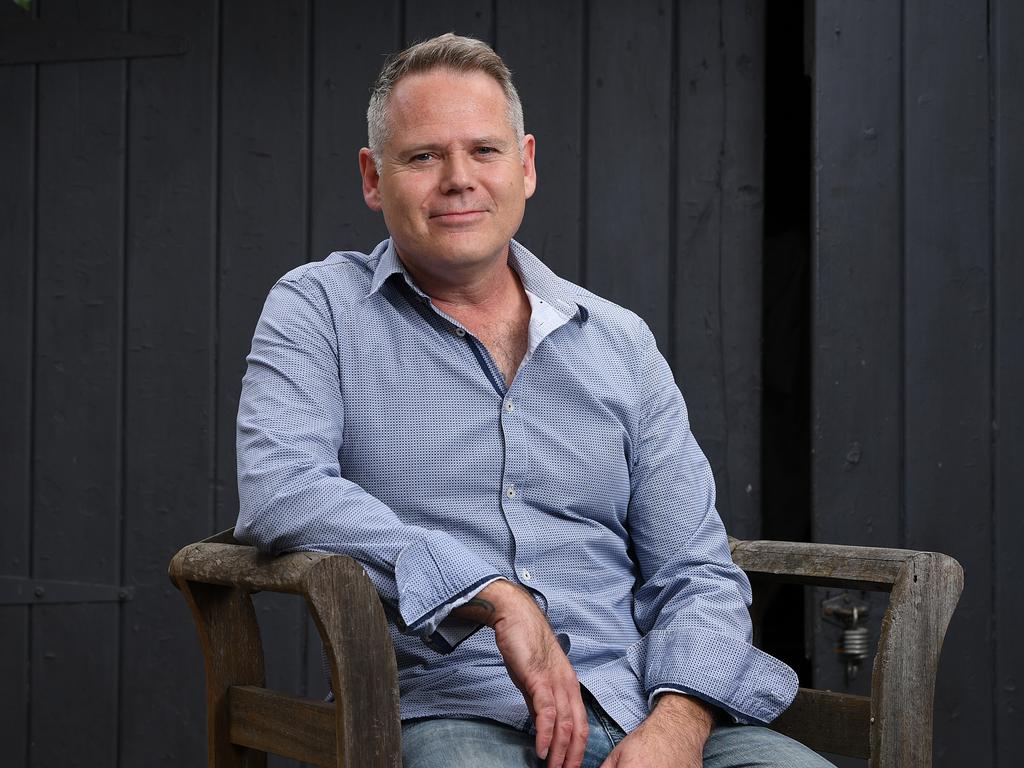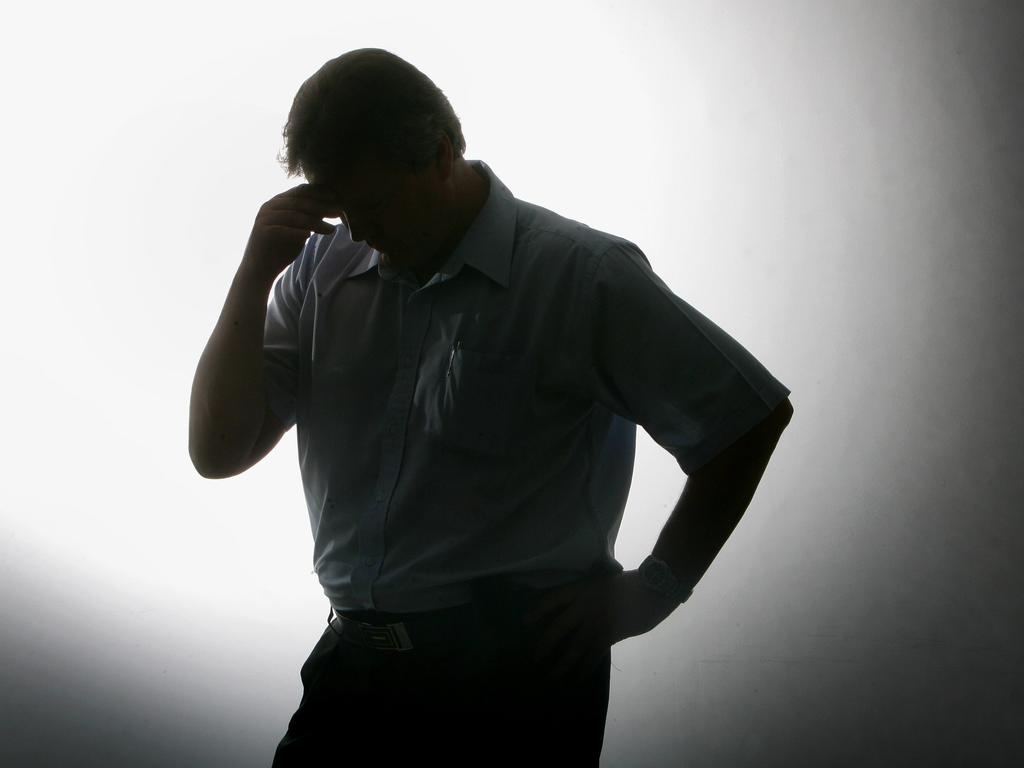New data: Stress and anxiety rise in men as pandemic suffering ‘worse than women’s’
A Melbourne MP says male workers are suffering in greater numbers than women, while a new study suggests ongoing stress and anxiety in men is on the rise.

There are calls for recognition that male workers are suffering in greater numbers than women during the global health crisis, according to a Victorian Labor MP.
Referring to Australian Bureau of Statistics data that showed men were more likely to be unemployed than women as a result of the COVID recession, Clare O’Neil told the McKell Institute on Monday men were the biggest victims of the pandemic but were “not getting the open discussion they deserved”.
“It’s not a competition between the genders, especially when it comes to who is doing it tougher in a bloody awful recession,” Ms O’Neil said in her speech.
“The point I am making is not that women are not suffering. Of course they are. My point is that everyone is suffering.
“Women had it worse to begin with. Now it is men, and there is evidence that as the months progress, we may see more of this.
“When women were clearly worst affected, it generated a very lively political conversation. And now that men are more severely affected, it feels like a problem we are less comfortable talking about.
“It is absolutely the case that a group of economically and socially privileged men are the big winners in the future of work.
“But for many Australian men, things are going backwards. The public discussion just doesn’t reflect their reality.”

Figures from the Australian Bureau of Statistics showed the male unemployment rate had risen more than the female unemployment rate during the pandemic, with a 1.84 per cent change since March compared to the 1.58 per cent for women.
It also showed a rising number of men had left the workforce.
The pandemic has caused stress, anxiety and uncertainty for many Australian men - all feelings Sydney father Brett Martin has experienced.
As a NSW government Disaster Welfare Services team leader, Mr Martin, from Croydon, worked on site at coronavirus hotels as well as working remotely.
The 51-year-old said he was most concerned about contracting the virus then passing it on to his family and co-workers.
“That was a bit nerve-wracking because you’re being advised to avoid contact then suddenly you're in a role where you have to have contact,” Mr Martin said.
“Like a lot of people, there was rapid change and uncertainty in my life and my family’s routine that I had to get used to and try to adjust.
“You get different stresses in your life but this one was different because you lose the feeling of control.
“For the initial few months (of the pandemic), the information was still coming out and the health advisers were still learning so it did get clearer as time went on.”
After feeling added pressure and concern about the unknown, the father-of-two later took up mountain biking as a way to cope.

He encouraged other men to be aware of their thoughts and feelings and find activities that were enjoyable and relaxing.
“I needed an outlet for releasing the stress and pressure (and) mountain biking is great exercise.
“I do it with a friend so it’s also social, plus it’s great to be out in nature.”
New research conducted by workplace mental health services provider Converge International found ongoing stress and anxiety was on the rise for men this year.
The research, which involved surveying more than 14,600 men, revealed one in five men reported ongoing stress or anxiety during the first three quarters of 2020.
Converge chief executive Dr Jenny George said the feelings could sometimes become chronic, and a number of the mental health problems men were experiencing related to the ongoing effects of the global pandemic.
The researchers also found ongoing and sustained stress in Australian men rose each quarter, from 12 per cent in the first to nearly 16 per cent in the third, while depressive illness had increased from four to six per cent this year.





